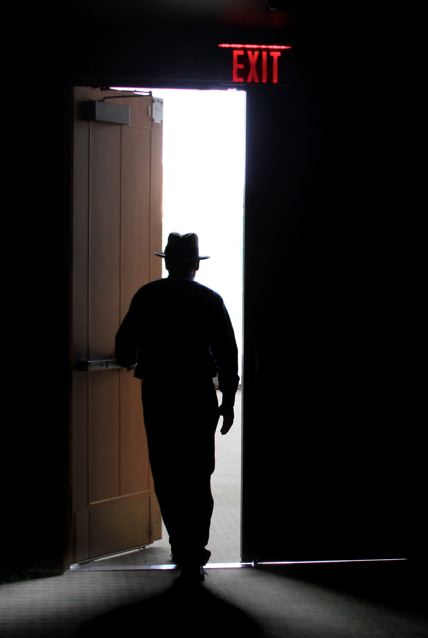My Obit:
No Regrets

My cousin Sheldon had a story he used to tell about a man who had a dream. In his dream he had died and was able to come back to earth briefly and read his own obituary–but he could find nothing in the story of his life and work that he wanted to read.
I am aware of the daily wonders that have surrounded me throughout my life, and that has informed the choices I have made and the way I live. None of us can choose how or when we will die but we are able to choose how we live each day.
My favorite poet is David Slavitt, a writer I got to know when I took his writing course in college. One of his poems is called Speculations About the Death of Eskimos:
I have often imagined the moment–on the white
moonlit ice in the black of polar water,
its erratic pitch and yaw, the wind’s bite
and the shapes on shore of son, grandson, granddaughter
still as whalebone, gazing as I go.
I once tried to build an igloo, thought the dogsled
fun–I liked dogs–but the Eskimo,
with his fur-fringed, weather-worn face, filled me with dread,
shipping his relatives off on the ice to die–
to freeze? to starve? to drown? I couldn’t decide,
for I was always on that ice floe by
some terrible mistake. On shore, they cried
and were sorry to learn, too late, how much they loved me.
It is not like that at all, but very formal,
undemonstrative, done with some dignity.
Death is not melodramatic but, properly, normal.
And the cause of death is almost certainly freezing,
which is painless, quick, cleaner than razor or pill,
rifle, rope, or guillotine for easing
the last agonies. So gently does cold kill.
and so familiar is it to Eskimos
that tears are unlikely indeed. The departure itself
is visibly simple. The strip of water grows
wider and wider between floe and ice shelf;
neither physician nor priest is required to say
which moment is the last; it is perfectly clear
that there he is, slowly drifting away.
Calmly they wait for him to disappear.
And out of sight of the shore, the sting of the cold,
and the sting abating. The feet begin to feel numb.
It happens so slowly; slowly one grows old,
one learns the patience to wait for death to come.
The flab around the middle, the slack skin,
the defeats that flesh has suffered are undone:
the wattles wed again to the firm chin,
the fat is hard as bone, the bone as stone.
That I have changed my mind in twenty years
is reasonable. My fear was a child’s fault.
I make my way and that cold shore appears
not unattractive as I start to smell salt.
My kids know that’s the way I want to go. No regrets. Happy. Smiling. Waving goodbye to those I love. Comforted and at peace. To live a life I’d be happy to read about in my own obituary. Who can ask for more?
Barry Louis Polisar
July, 2007